
Many movie worlds seem thrilling at first, but a closer look reveals harsh underlying realities. These stories create environments where everyday decisions can have extreme consequences, and simply surviving means adjusting to systems meant to overwhelm individuals. It’s the small details – like unfair governments, limited resources, dangerous creatures, or oppressive rules – that truly make these worlds feel dangerous and unwelcoming.
This guide explains the realities of life in these worlds. It covers everything from the everyday rules and dangers to the resources people have to survive. Essentially, it shows what it takes to endure in such harsh places – often starting with basic needs like food and luck, and continuing with a relentless struggle for survival.
‘The Road’ (2009)
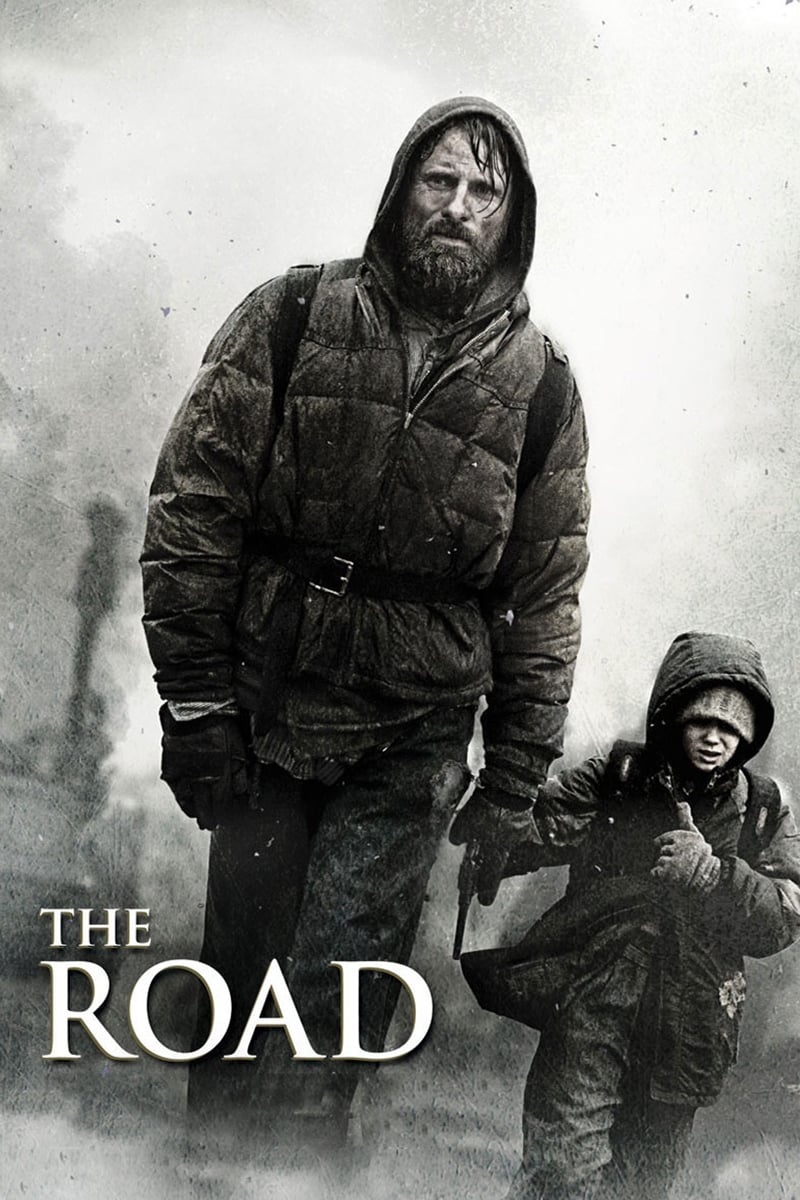
It’s a really bleak world out there. Something terrible happened – a huge disaster nobody understands – and everything’s falling apart. The environment is basically dying; ash is everywhere, and it feels like the sun never shines. Farming is impossible, and all the animals are gone. The rivers are polluted, and it just feels like winter is never ending. Most people are just trying to survive by searching abandoned places for anything useful, but you also see groups traveling the roads, looking for supplies and other survivors. It’s a tough life.
Society has broken down, with no laws or governing authorities. Traveling is extremely dangerous, as groups of armed cannibals roam the land and lay traps. Guns are rare, and ammunition is even harder to come by. Families are forced to carry all their belongings in wagons, and they must conceal their campfires to avoid being discovered. Because food is becoming increasingly scarce, they can’t stay in one place for long – any shelter is only temporary.
‘Children of Men’ (2006)
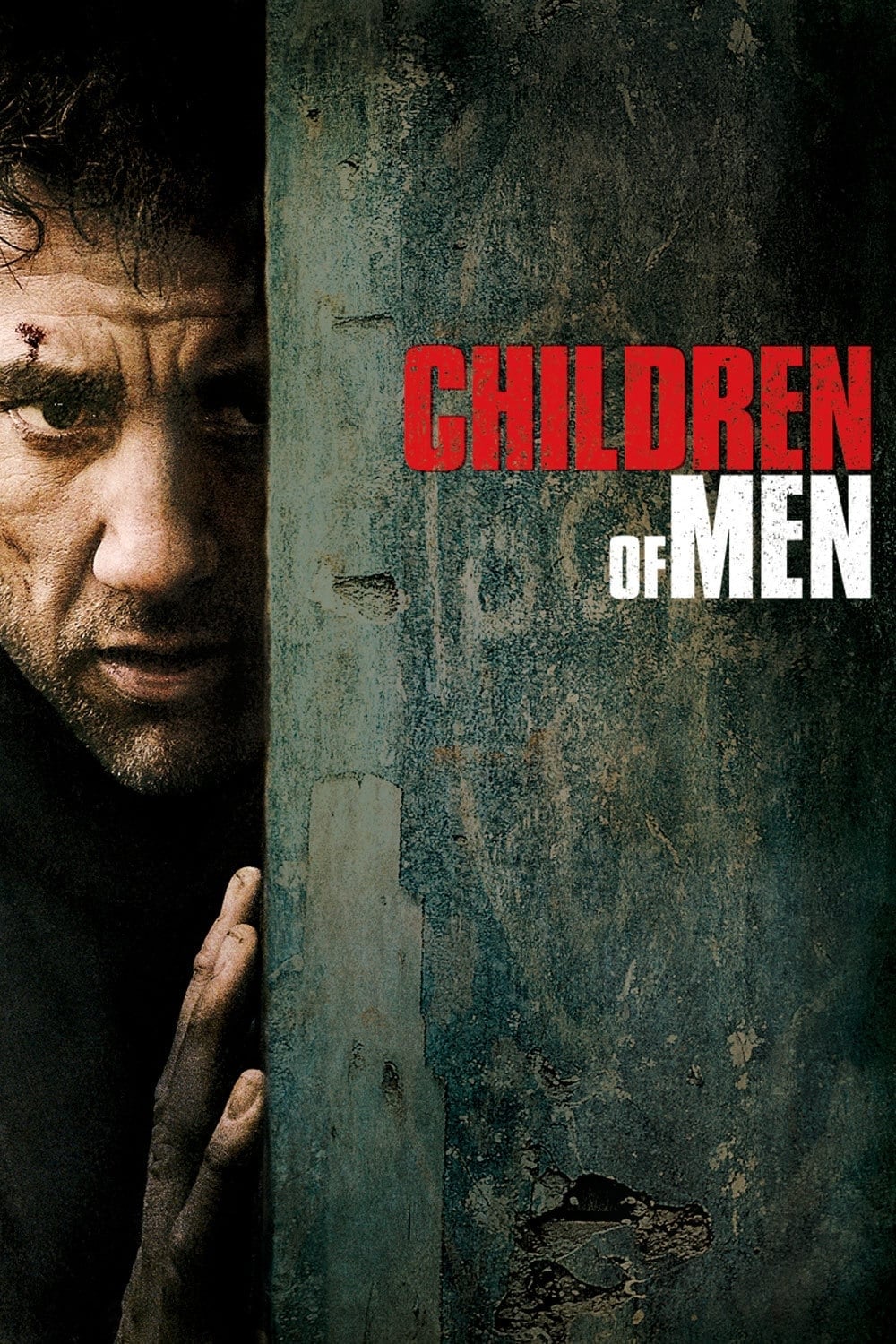
For years, no children have been born, leaving humanity unable to reproduce. This has fundamentally changed society, as people grapple with a future without new generations. Governments have responded with strict immigration rules and overcrowded refugee camps, trying to manage the flow of people. As the population ages and people lose hope, the economy is shrinking and essential public services are struggling due to a lack of workers.
Cities are heavily patrolled by soldiers in armored vehicles, and roadblocks are common. Violence like bombings and attacks happen frequently as different extremist groups struggle for control. Constant monitoring, through cameras and people reporting on each other, is widespread. Residents need permits to travel between areas, and fundamental freedoms are restricted. Those most at risk can be held without a fair chance to challenge their detention.
‘A Quiet Place’ (2018)
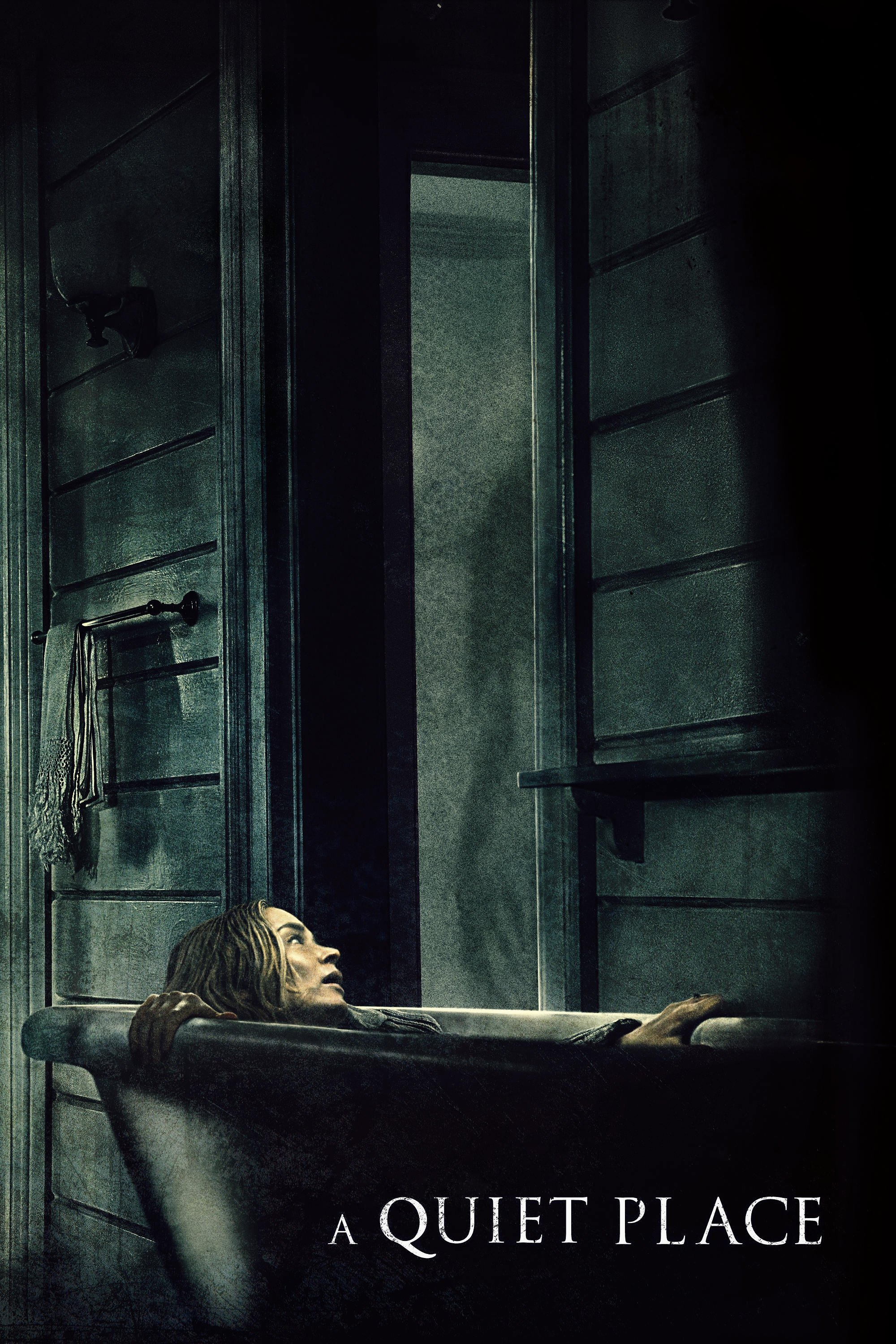
These creatures hunt using only sound, and they’re incredibly fast and accurate. Even a quiet sound can attract them in seconds. To stay safe, families communicate with sign language and make sure nothing makes noise – they cushion every surface to prevent creaks. Their daily lives are adapted for silence, with sandy paths for quiet movement and activities planned around minimizing sound. Everything from cooking and cleaning to learning happens with careful noise control.
Hospitals and electricity are unavailable, so people need to have quiet plans for dealing with births, sicknesses, and injuries. Public gatherings are too risky because even talking could attract unwanted attention. Things that used to help – like alarms, cars, and tools – are now dangerous. Staying alive means being prepared, minimizing noise, and understanding how well these creatures can hear.
‘Threads’ (1984)
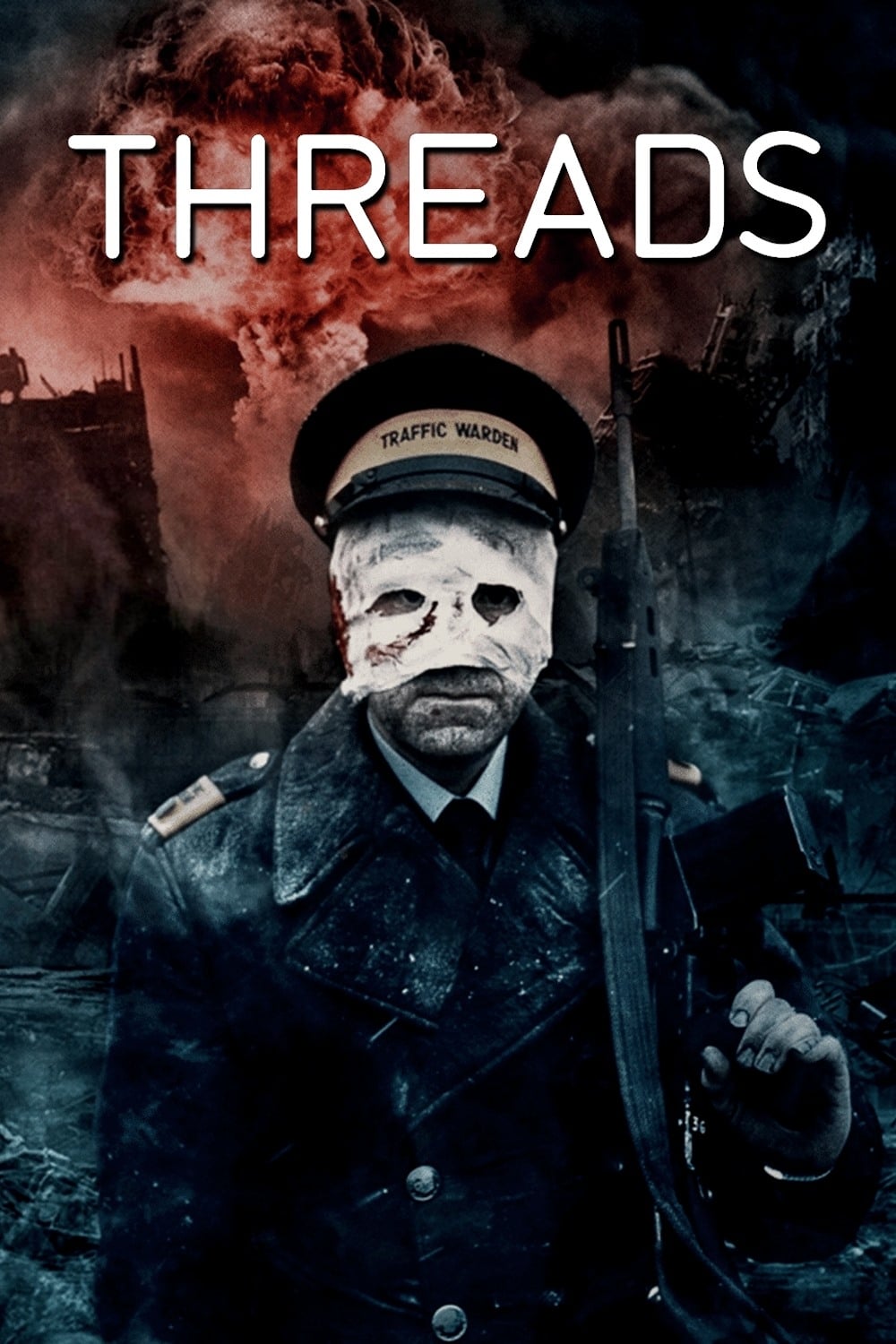
A nuclear war would quickly destroy cities and essential services. Homes, hospitals, and roads would be wiped out almost immediately. Harmful radiation would spread through the air, polluting farms and water. Power and communication systems would shut down, and emergency responders wouldn’t be able to help everyone who needed it.
Food deliveries have ceased, and the worsening cold is making the shortages even more severe. Hospitals are overrun with people suffering from radiation sickness and untreated injuries. The government is barely functioning, communicating only through emergency broadcasts and limited food rationing, which isn’t enough for everyone. Over time, the situation continues to deteriorate, with crop failures and a collapse of social order, leading to communities relying on trade and small survival groups.
‘The Purge’ (2013)
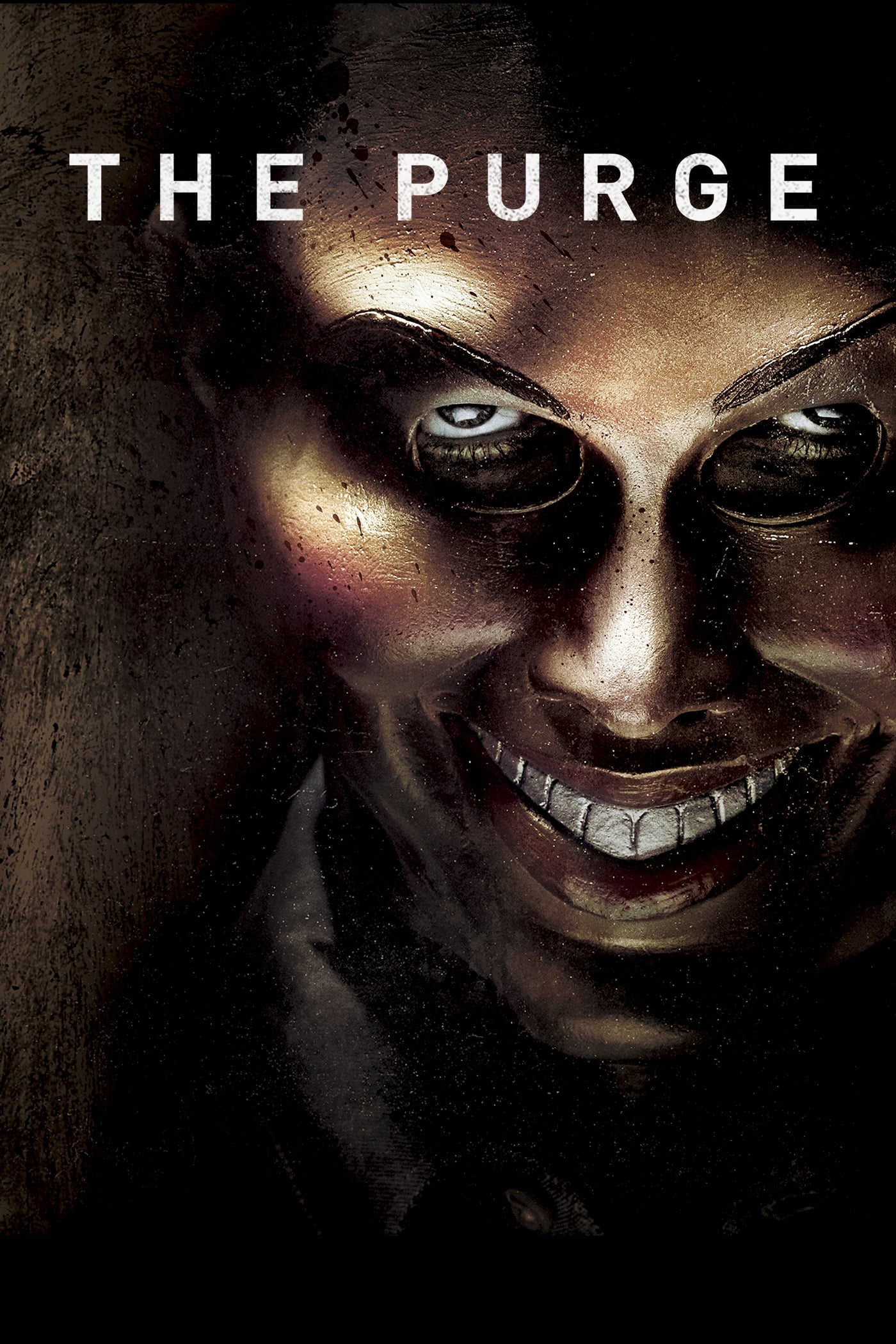
Once a year, for one night, all laws are suspended and crime is permitted with limited emergency services available. Wealthy individuals can protect themselves by purchasing fortified homes and security systems. During this night, police and ambulances do not intervene. Most people prepare in advance by securing their homes, gathering supplies, and staying indoors. However, those without the means to protect themselves are vulnerable to gangs and random acts of violence.
Everything that happens for the rest of the year revolves around this yearly event. It influences things like insurance costs, property values, and job decisions, all due to the perceived danger. Some people defend the event as a necessary way to maintain order. Communities band together to watch over their streets and build defenses. And the law ensures that those involved won’t face legal trouble when it begins again.
‘1984’ (1984)
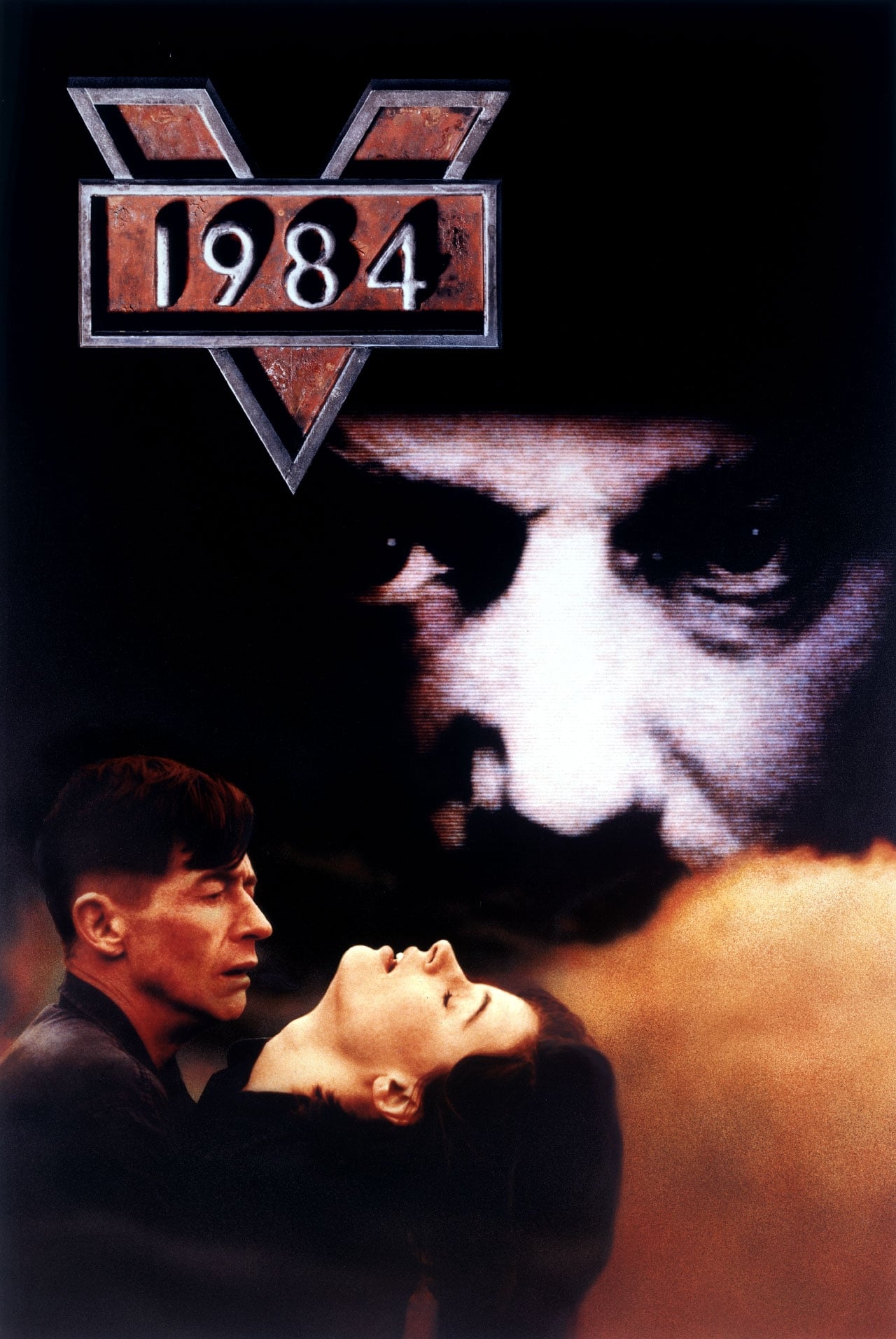
In an authoritarian government, people are controlled by being constantly watched and through the way language is used. Cameras monitor homes and workplaces around the clock. The government uses simple slogans to present its own version of the truth, and limits people’s vocabulary. History is changed to fit the current rules, and any records that don’t match are destroyed or altered.
Personal connections are heavily controlled, and thinking for yourself is considered a crime. Spies are everywhere, watching everyone. People are given simple, repetitive jobs designed to ensure obedience, not to get things done. Food and housing are only given to those who follow the ruling party’s rules. This system stops people from speaking out by destroying any proof of opposition and even erasing the memories of it.
‘Brazil’ (1985)

Red tape seems to be everywhere, and getting help often requires a lot of frustrating paperwork. Simple mistakes with forms can lead to people being wrongly arrested or held for extended periods. Instead of working together, government departments often end up duplicating efforts and losing important information. While technology is available, it’s often clunky and doesn’t work well, and even fixing basic problems requires a complicated approval process.
People depend on vouchers and benefits to manage daily life. Security and anti-terrorism efforts are hampered by old information and inflexible processes. When someone tries to appeal a decision, it often takes a very long time – sometimes years – and success often depends on who you know, not what actually happened. Instead of a clear system, people have to learn how to get things done by doing favors for others and figuring out the complicated, often confusing, paths through government offices.
‘The Lobster’ (2015)
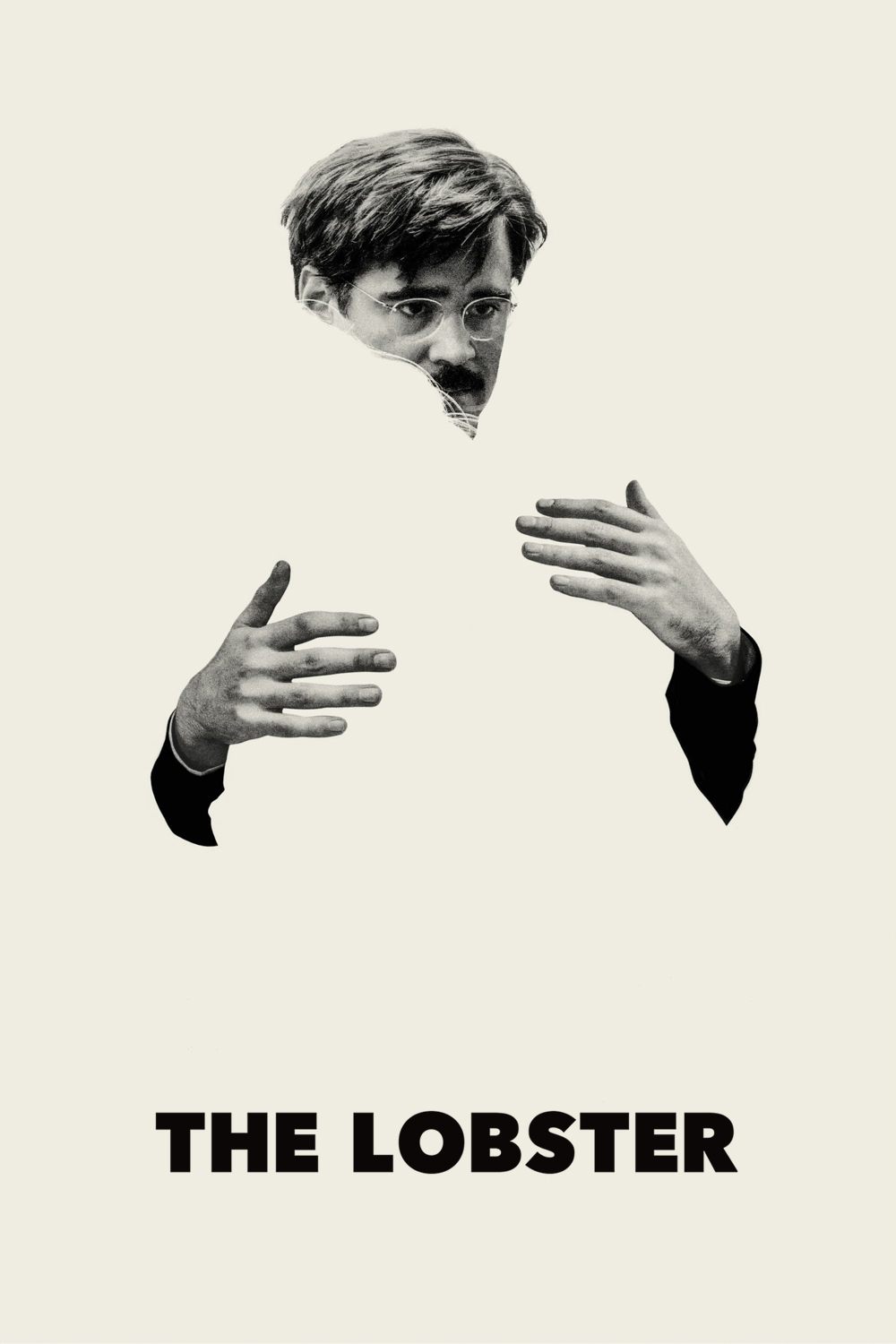
It’s pretty wild here. They bring single people like me to this isolated hotel, and we’re all pressured to find a partner, fast. If we don’t, they turn us into whatever animal we pick – seriously! The staff are super controlling, telling us what to wear, what to do, and giving us chores every day. The only way to buy ourselves more time is to hunt down other singles who’ve tried to escape and are hiding in the woods. They try to match us up based on things we have in common, but it feels like they’re focusing on really shallow stuff. It’s all a bit crazy, honestly.
Life in this community is governed by strict rules that prevent relationships and punish any displays of fondness. Both the official rules and the unspoken norms take away individual freedom and demand constant awareness. Resources are limited, and people aren’t allowed to move around freely. As a result, residents learn to pretend, communicate in secret, and hide things they aren’t supposed to have. To get by, they either conform to rigid expectations or withdraw completely from society.
‘Snowpiercer’ (2013)
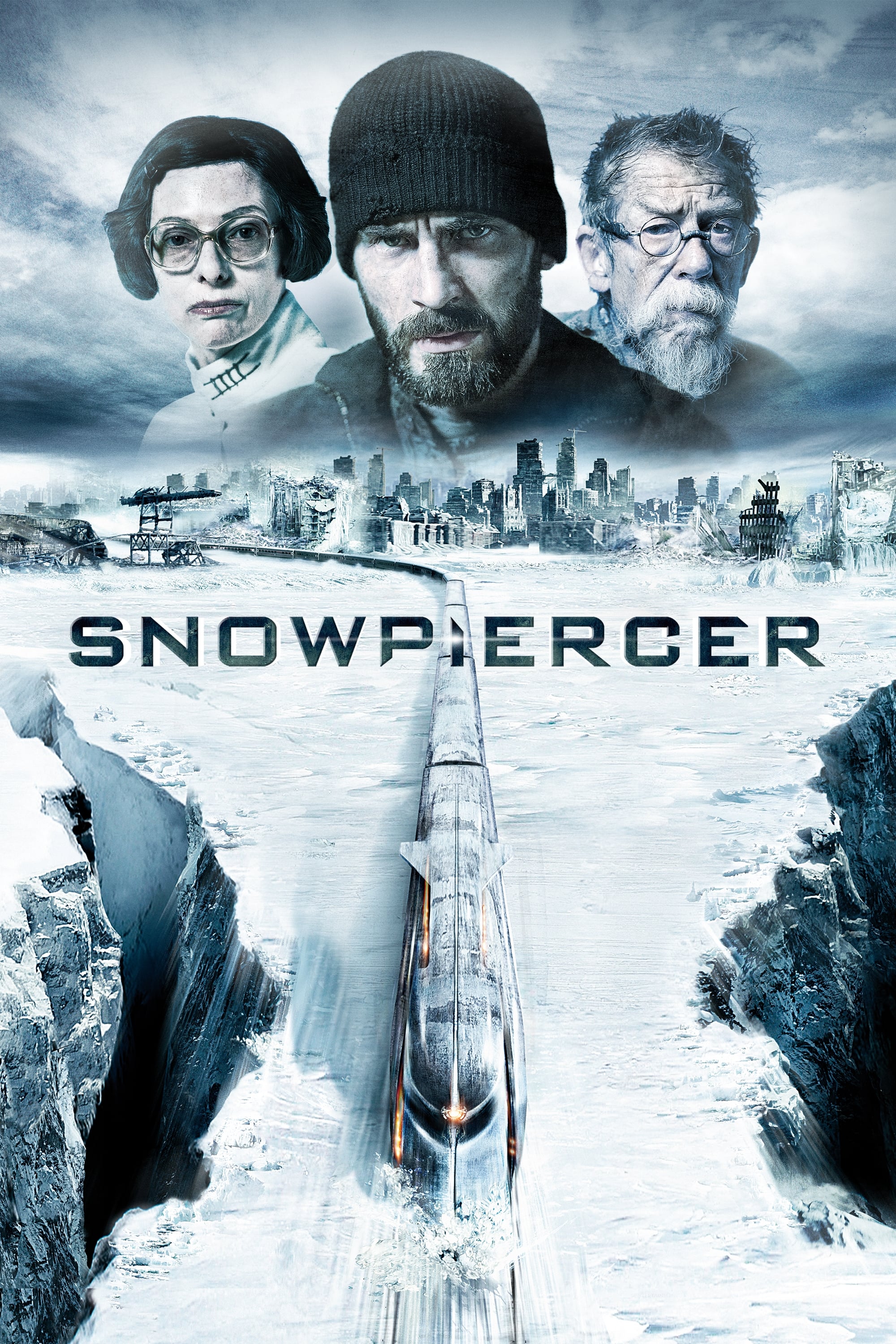
After a disastrous attempt to control the climate turns Earth into a frozen wasteland, the last humans live aboard a train that never stops moving. The train is strictly divided into classes, with heavy security between each section. Passengers in the rear are given bland protein blocks to eat, while those in the front enjoy fresh food and comfortable living. Each section of the train dictates what people learn, how they spend their time, and the work they do.
Life on the train is crowded and offers little privacy. Access to medical facilities and farms is restricted and requires permission. Guards enforce strict rules with frequent checks and often use force. Any resistance is met with immediate and harsh consequences. The train functions as a self-contained world, carefully controlling all resources like water and electricity.
‘The Matrix’ (1999)
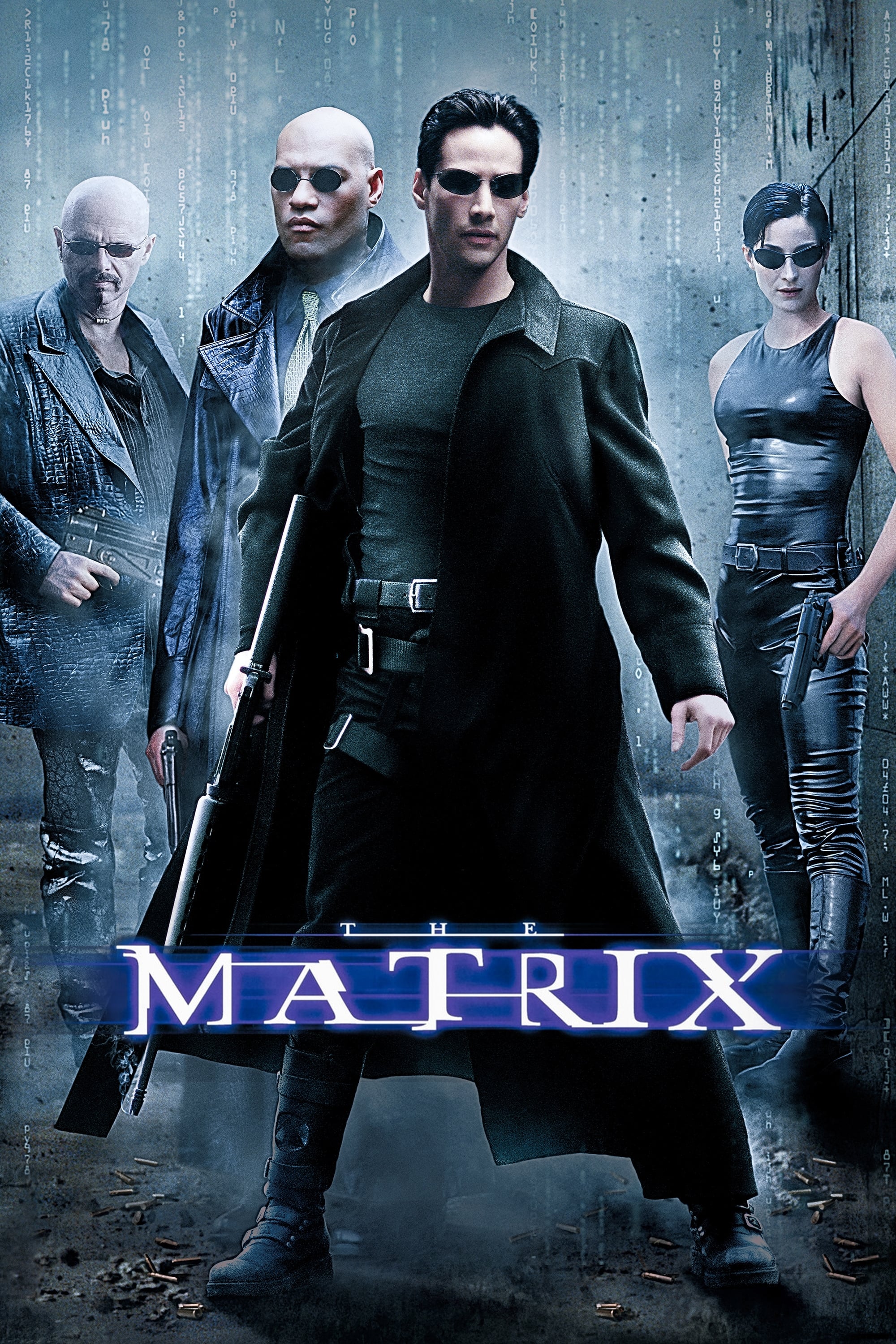
The vast majority of people are unknowingly living in a computer simulation, while their real bodies are used as a power source. The actual world is a desolate wasteland overseen by robotic machines. Within the simulation, systems manage law enforcement and alter surroundings to capture those who disagree with the controlling powers. Furthermore, artificial intelligence can take over the bodies of anyone in public, creating a constant sense of unease and danger.
Leaving the simulated world isn’t easy – it takes special tools and a highly trained team. Communication relies on secure, direct connections and perfectly synchronized timing. Everything from food to technology needs constant upkeep. Each mission carries the danger of being discovered by powerful, overwhelming robotic forces. And achieving freedom means giving up life as you know it, permanently disconnecting from the ‘real’ world.
‘The Mist’ (2007)
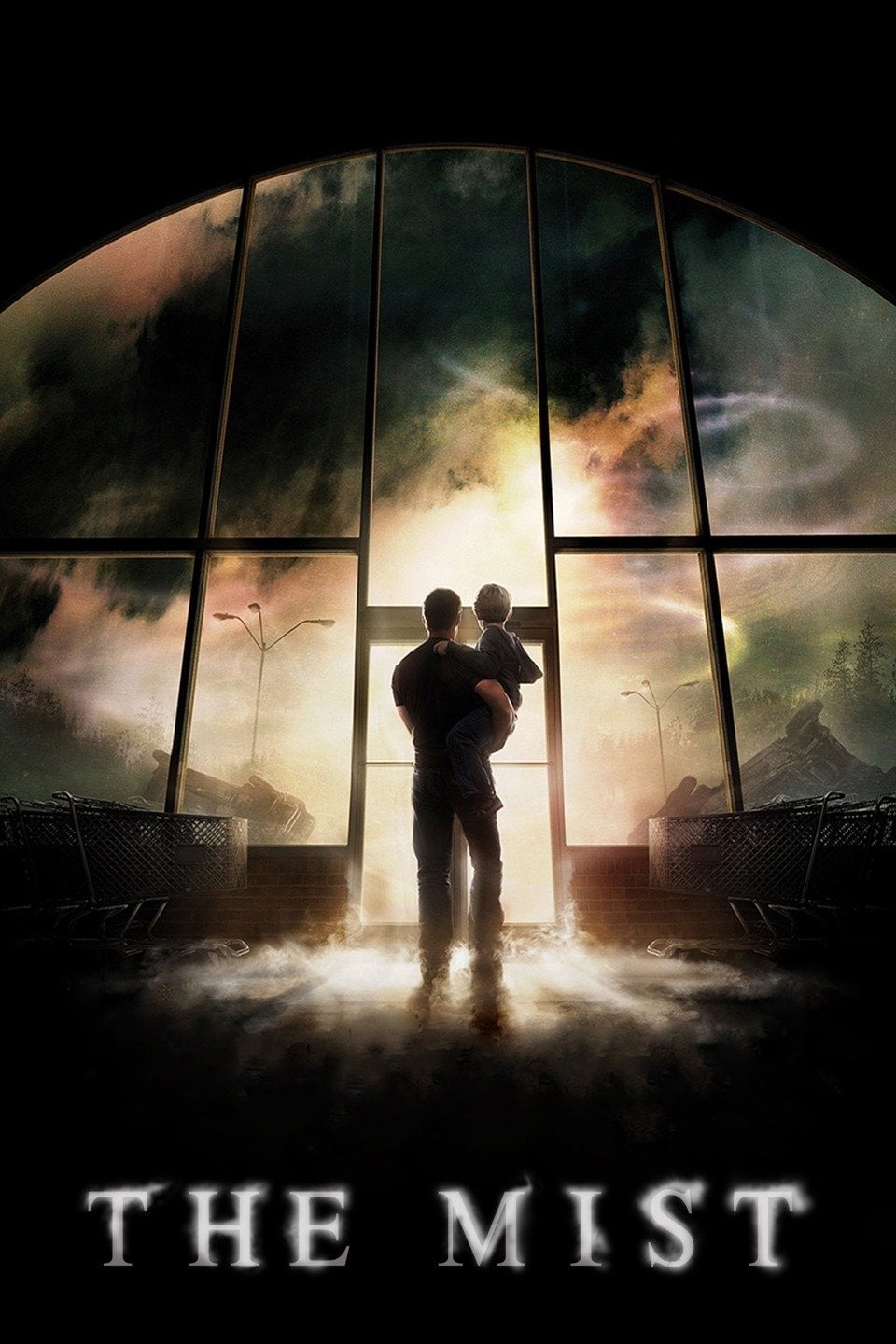
A strange fog rolls into town, concealing dangerous creatures of all sizes. It’s nearly impossible to see more than a few meters, making going outside incredibly risky without careful preparation. A grocery store becomes a safe haven because of its supplies and stronger defenses. However, even there, windows and doors must be boarded up, and lights actually attract the creatures. Resources are dwindling fast, especially the fuel needed to keep the generators running.
As time passes inside the store, people begin to split into groups based on what they’re afraid of and what they believe. Disagreements over how to survive – who should search for supplies, protect the group, or provide medical care – create tension. Getting medicine means venturing into the dangerous parking lot, where hidden threats lurk. With no way to contact the outside world, rumors quickly replace facts. The longer they’re trapped, the more unstable the group becomes.
‘Se7en’ (1995)
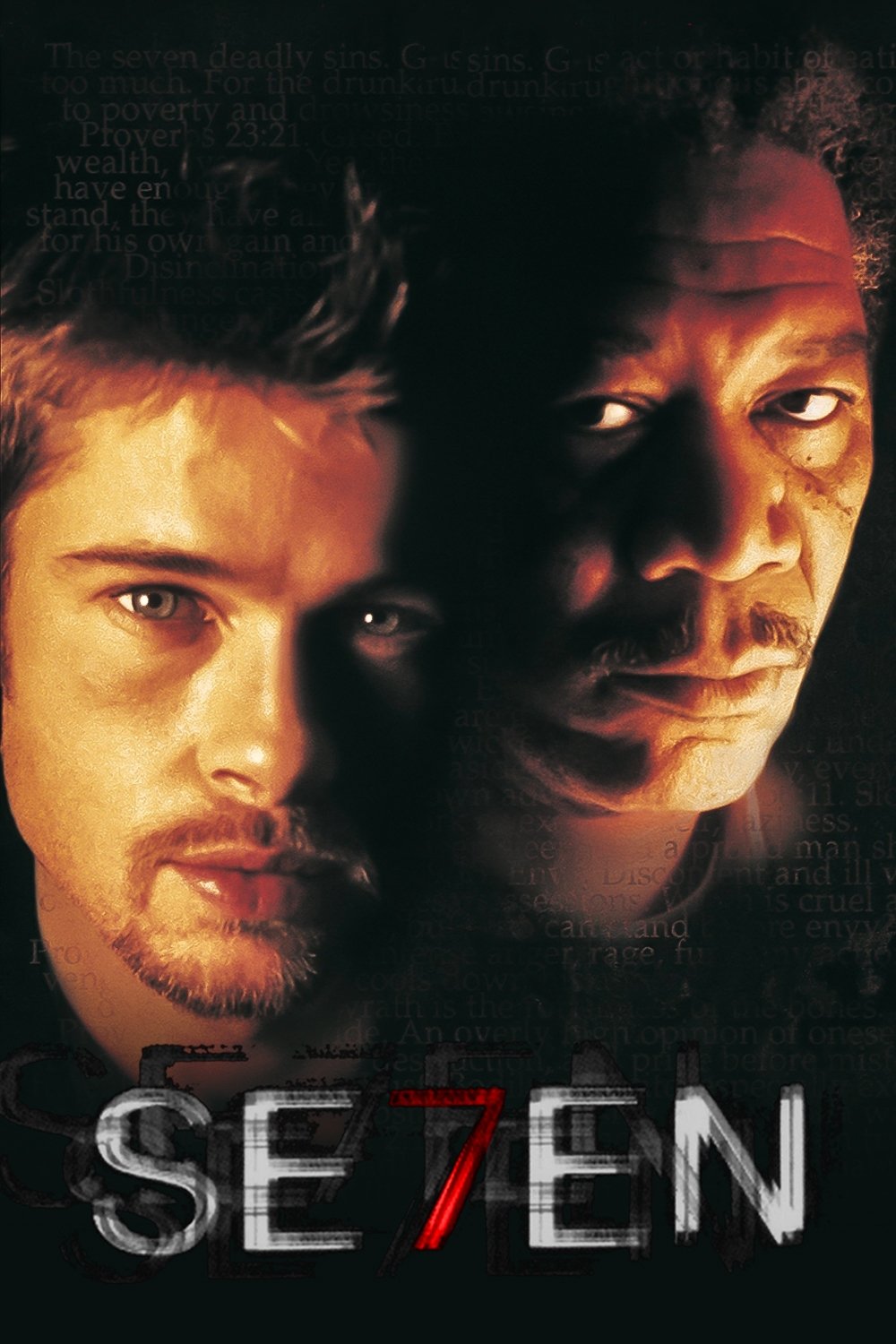
Okay, so picture this: I’m totally engrossed in this neo-noir flick, and the city itself feels like a character – a really *beat-down* character. It’s constantly raining, crime is just running rampant, and everything feels…tired, you know? Like the cops and city hall are just barely holding it together. Then, this killer shows up, and they’re not just randomly attacking people – they’re staging these incredibly detailed crime scenes, almost like they’re following a weird, twisted code. The media’s all over it, naturally, but it just adds to the chaos. Honestly, the whole thing creates this atmosphere of total decay, and everyone just seems resigned to living with the constant sirens and the feeling that things are never going to get better. It’s bleak, but captivating, if you’re into that sort of thing.
As a movie buff, I’ve noticed a pattern in a lot of thrillers: the investigations always feel so draining, happening in places that just suck the life out of you. It’s amazing how often the detective work relies on dusty libraries and old records – it turns out the killer is meticulously researching their victims. And the settings! Usually, it’s these rundown apartment buildings with paper-thin walls and practically no security. The atmosphere just chips away at everyone’s hope and makes you feel like no one can be trusted. You can almost *feel* the characters starting to withdraw, staying inside, double-checking their locks, and becoming wary of anyone they don’t know. It really sets the stage for paranoia, doesn’t it?
‘Hereditary’ (2018)

A family unknowingly finds itself targeted by a secret cult with roots stretching back through generations. Strange symbols and rituals start appearing in their home, and unsettling events begin to happen at night, growing increasingly disturbing. As the family struggles with loss and feels increasingly alone, they become vulnerable to manipulation, and their home transforms into a focal point for the cult’s influence.
Look, as a horror movie fan, I’ve seen this a million times. Doctors and therapists? They’re useless when you’re dealing with something *supernatural*. You think you know your friends and neighbors, but trust me, they’re hiding things. And the worst part is, you never really understand what’s happening until it’s too late to do anything about it. Forget about locks, security systems, or even talking it out – once whatever ritual or curse is started, you’re completely defenseless. It’s terrifying, but that’s what makes these movies so good!
‘The Human Centipede’ (2009)

A surgeon kidnaps tourists and subjects them to a disturbing operation where their bodies are physically connected. This happens in a secluded house designed to keep people trapped, with strong security and secret spaces. Escape is nearly impossible, and help is a long way off. The doctor meticulously plans everything and has the means to carry it out, quickly stripping the victims of their ability to move and control themselves.
It’s terrifying. When the police show up, they don’t really *see* what’s happening, they just leave. And the people who should be helping, the doctors, they’re not focused on making things better, they’re part of the problem. Even the house itself feels like it’s working against you – hallways become dead ends, the basement is a maze. You’re just hoping something, *anything*, will break the cycle, or that someone will come and actually help, but that help never quite arrives. It feels like you’re stripped of any way to fight back, any normal way to protect yourself.
‘Saw’ (2004)
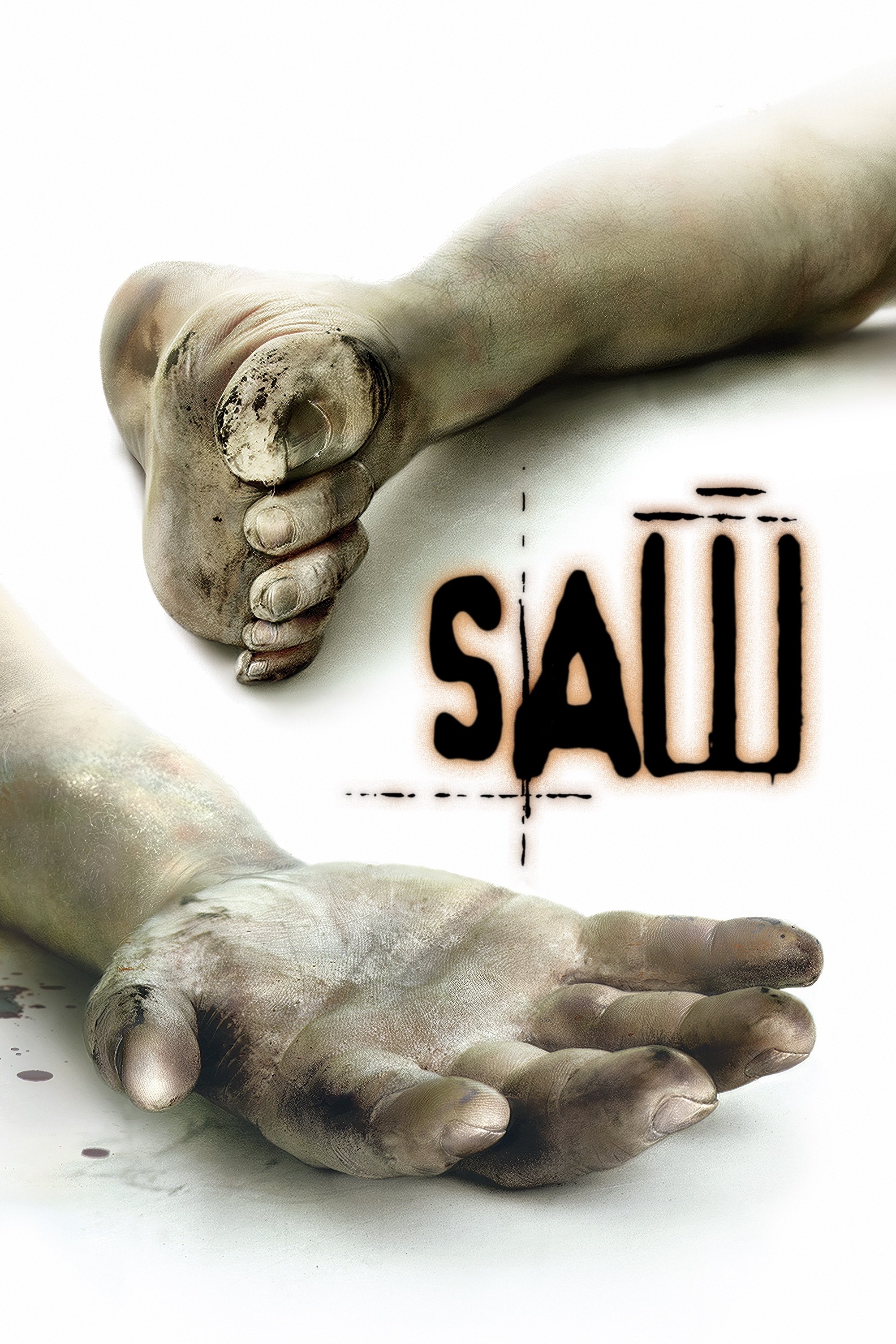
An unseen force traps people in deadly, puzzle-like rooms designed to push them to their limits. These rooms lock shut and contain dangerous devices triggered by specific actions. To escape, victims must solve clues found in recordings and learn about each other’s pasts – all while injured, bound, and racing against the clock as panic sets in.
This complex operation relies on constant monitoring and a network of helpers to remain ahead of authorities. Investigations are hampered because each site is rigged with traps and quickly abandoned. While medical equipment is available, it’s been modified for harmful purposes. Participants are faced with decisions that inevitably lead to self-inflicted or external damage. Success depends on careful planning and quick action; delay results in negative consequences.
‘Cube’ (1997)
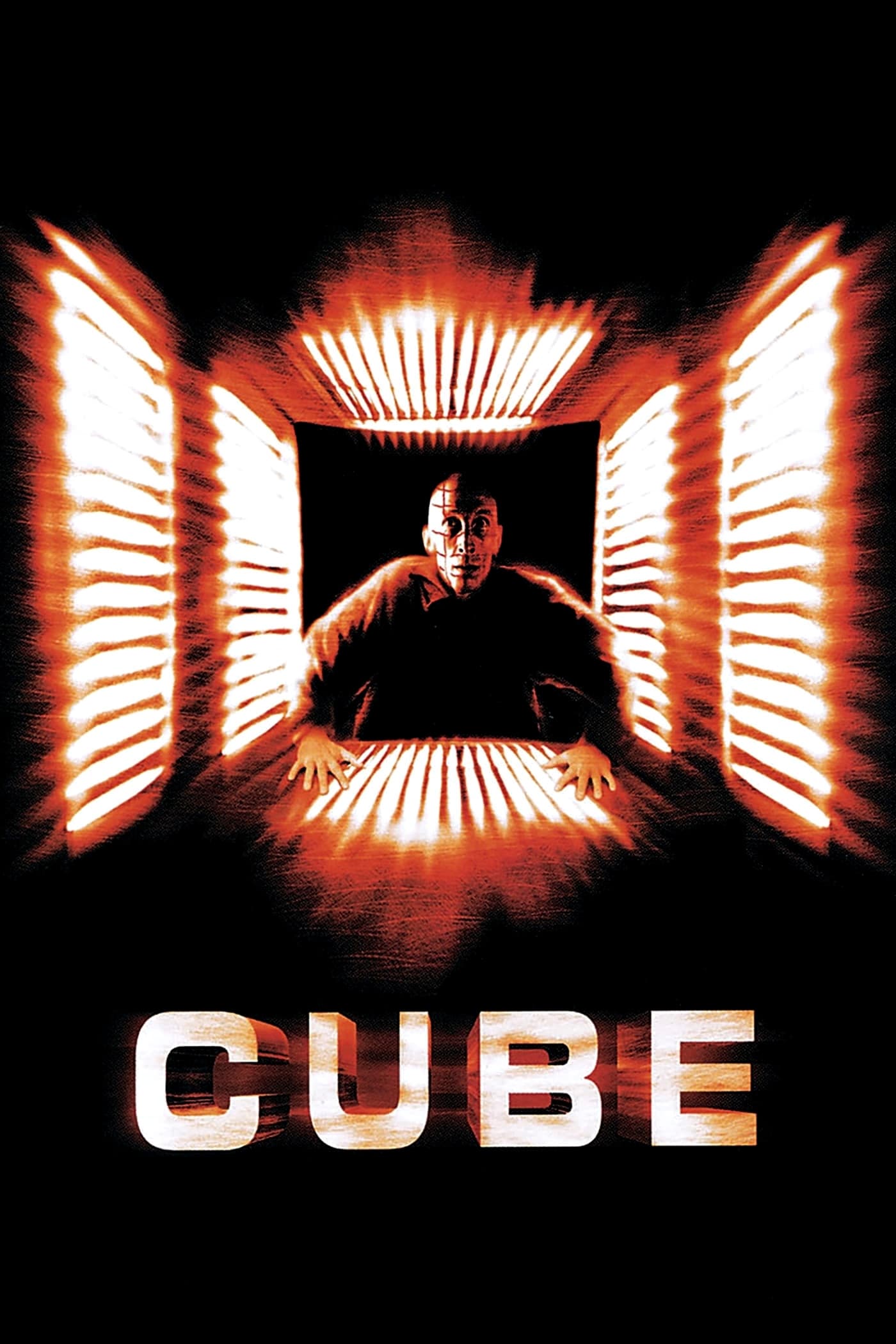
People find themselves mysteriously waking up inside a huge, interconnected building of rooms. Each room can hold dangerous traps that are triggered by movement, heat, or noise. Doorways are labeled with coordinates and numbers, offering clues to safe routes. With no food or water available, every choice feels critical. Surviving and finding a way out demands cooperation and quick thinking with numbers.
The layout changes unexpectedly, making it hard to keep track of where everything is. As people get tired, disagreements start to happen. They begin using everyday objects – like ropes and clothes – to experiment with the different areas. The whole setup is designed so that one wrong move can ruin everything. And there’s no one to offer guidance or clues, so the group is left to figure out a deliberately confusing puzzle on their own.
‘Mad Max: Fury Road’ (2015)
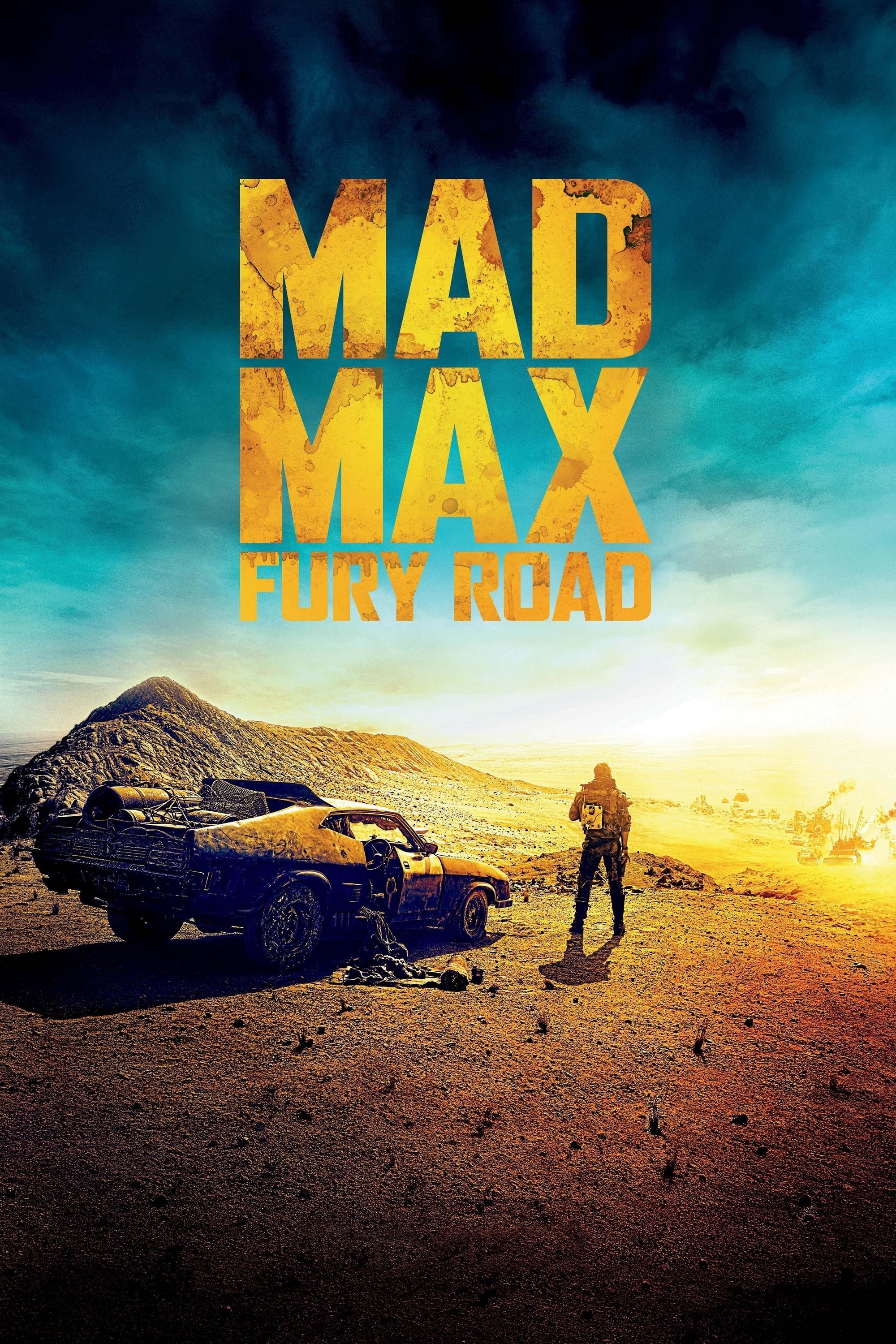
After a worldwide disaster, water and fuel are extremely limited. A powerful warlord rules a fortified canyon with a dedicated army and a collection of vehicles. The people are kept alive through carefully controlled food and water supplies. Skilled workers – mechanics, drivers, and animal breeders – are forced to work for the warlord’s regime. In the harsh desert landscape, vehicles are essential for both fighting and survival.
Traveling is tough, demanding constant repairs and awareness of dangers like sandstorms and hidden mines. People trade essential supplies – bullets and fuel – instead of money. Infections and radiation sickness are widespread. Every trip is a struggle to find what you need to survive. Staying alive means keeping your vehicle running, forming alliances, and always being on the move.
‘The Platform’ (2019)
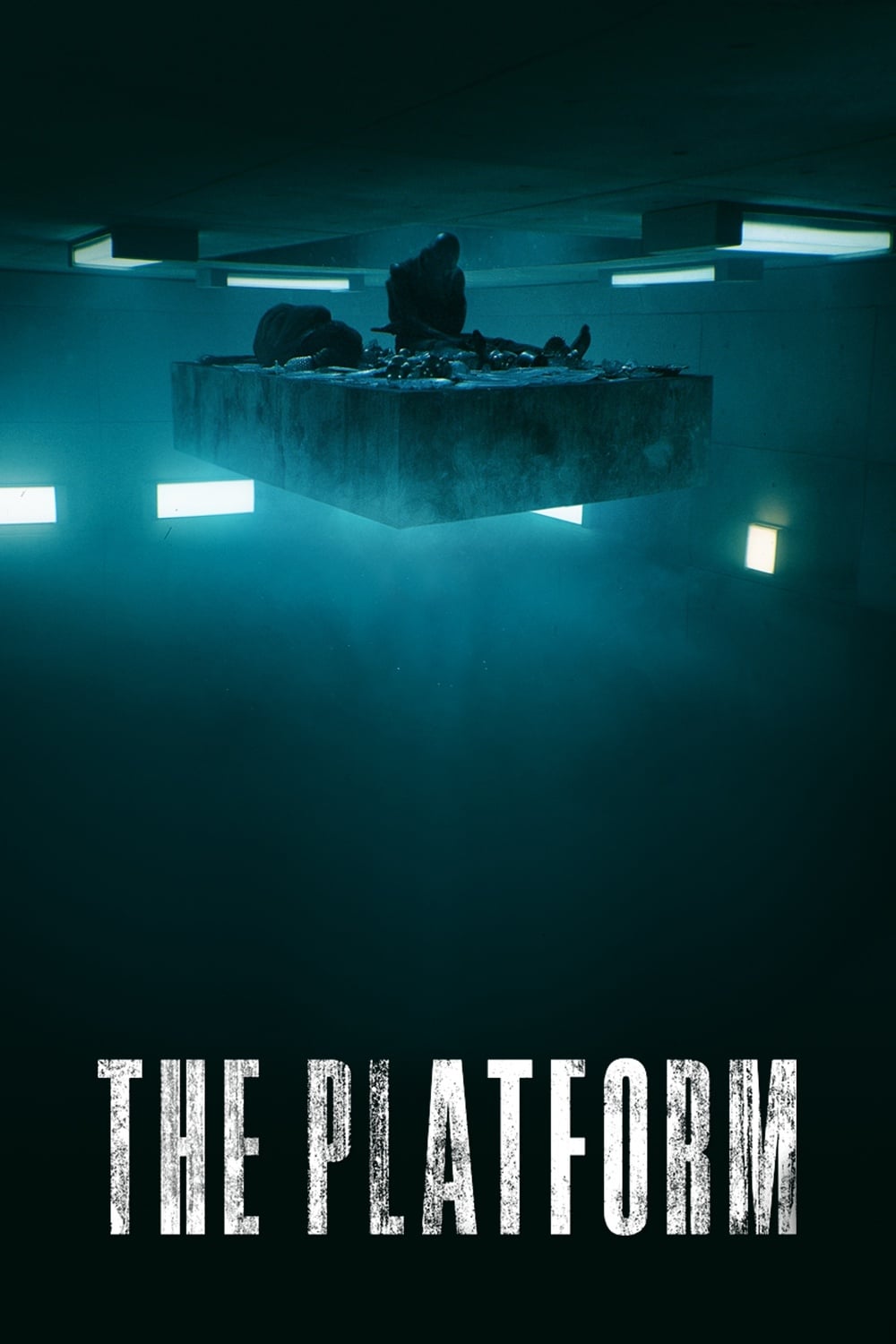
The prison is built like a tall tower where food is delivered on a platform that moves down from level to level. Those on the upper floors get the best food, while those below receive only what’s left over. Inmates are regularly moved between floors, constantly shifting who has power and resources. Each person can bring in one personal item when they enter, and they must rely on that and their ingenuity to survive.
People on different floors can only communicate by yelling or during quick platform stops. Garbage isn’t handled well, leading to quickly worsening sanitary conditions. Guards ignore what happens as long as everyone stays on their own floor. This setup unfortunately promotes both collecting things and aggressive behavior. Trying to be fair is difficult because people are hungry and the building’s design actually encourages looking out for oneself.
‘Battle Royale’ (2000)
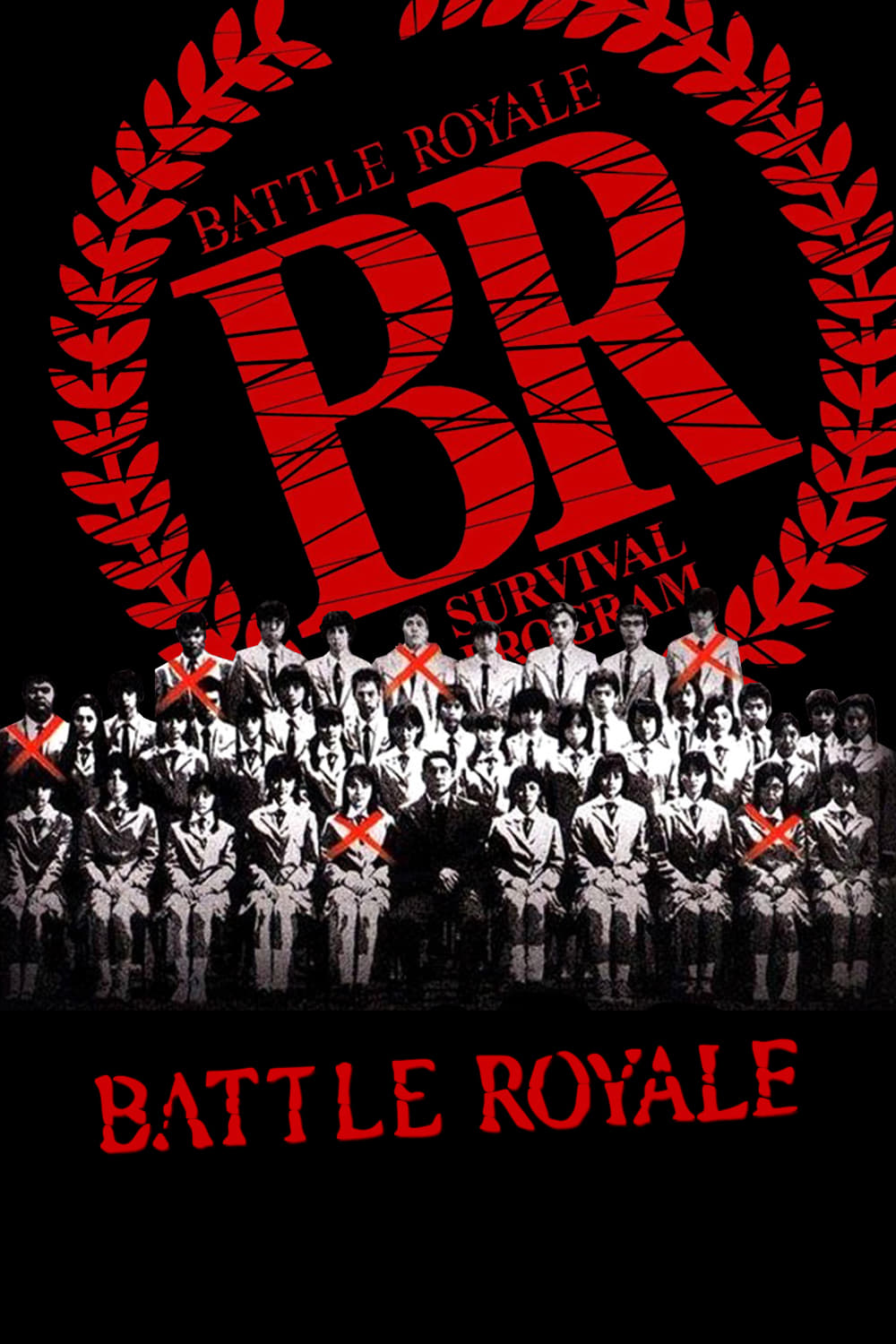
A group of students are unwillingly enrolled in a government experiment where they’re sent to a dangerous island equipped with weapons. They’re each fitted with a collar that monitors their location and can detonate if they disobey the rules. The island is sectioned off, and access to different areas is periodically restricted. Updates are announced via broadcast, steadily shrinking the safe zones.
Participants receive a mix of useful and unhelpful supplies. They team up with each other based on both personal connections and smart planning. Knowing how to read a map and use a compass is just as important as being physically strong. The activity continues until only one person is left, or until the allotted time runs out. This setup transforms classmates into competitors who are being watched.
‘It Follows’ (2014)
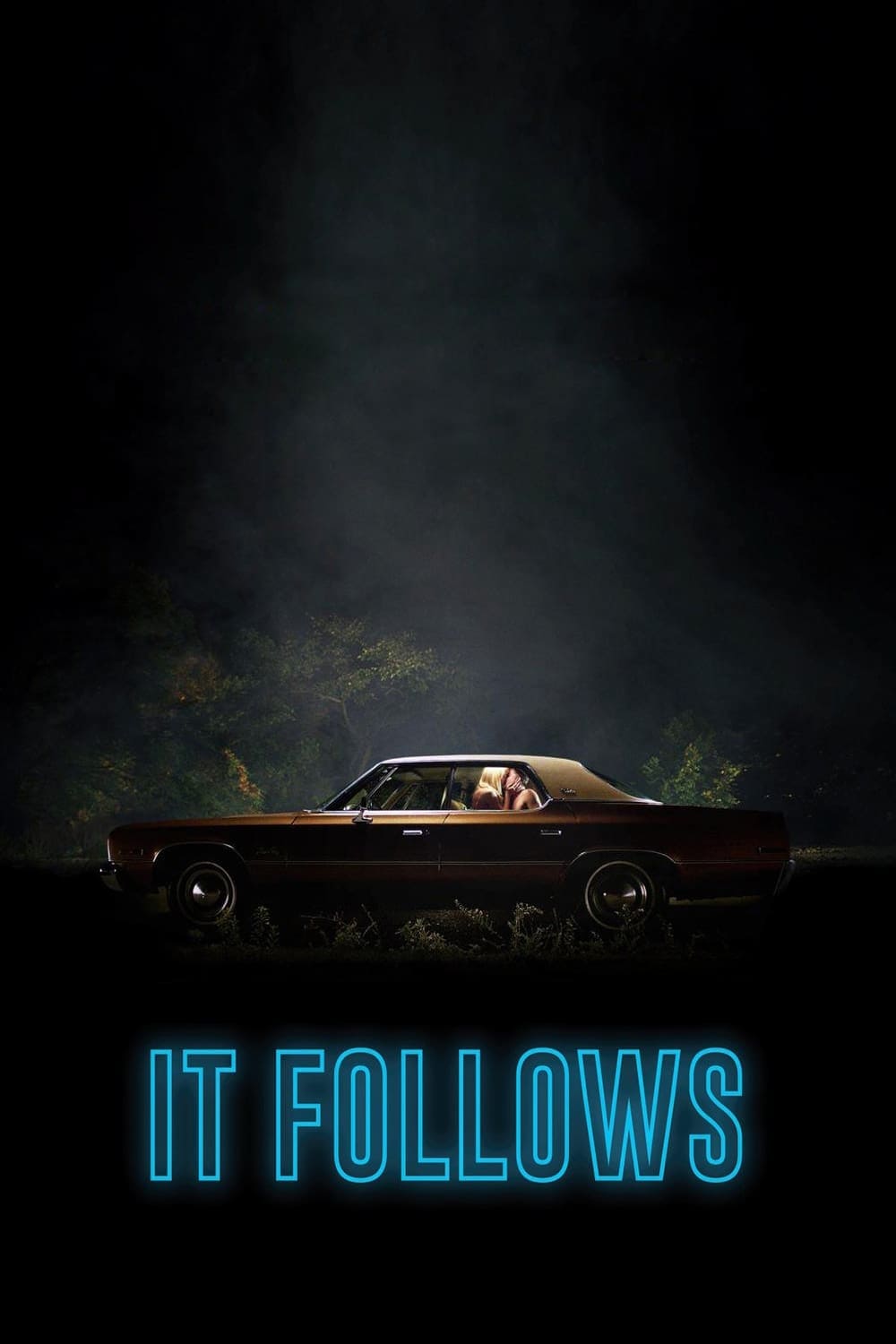
A dangerous curse spreads through close contact, creating a relentless pursuer that moves slowly but steadily. This entity can take on any form and travels directly toward its victim. Only those infected with the curse can see it. While things like crossing water or putting distance between you and it can briefly slow it down, they won’t stop it. Doors and locks offer a small delay, but the threat will persist.
The curse can only be passed on to someone else, creating a spreading cycle of infection. Because this phenomenon isn’t understood by doctors or the law, those affected must rely on each other. Friends become constant companions, watching for the unhurried figure of the curse-bearer. Daily life revolves around this unending watchfulness, impacting sleep, travel, and social activities.
‘Brazil’ (1985)

Red tape is everywhere, and getting help often requires a lot of frustrating paperwork. Simple mistakes with forms can lead to wrongful arrests and unnecessary delays. Government departments often work against each other instead of together, causing wasted effort and lost information. While technology is available, it’s often clunky and doesn’t work well, and even fixing simple problems requires a complicated approval process.
Honestly, it’s frustrating to watch. Everyone seems to need vouchers or stamps just to get basic things done. And it’s scary how much they rely on old information for security – the system feels so stuck in the past. If you try to appeal a decision, forget about a quick answer; it takes forever, and who you know seems to matter way more than what actually happened. It’s like people have to learn a whole secret language of favors and shortcuts just to get through the bureaucracy, memorizing who to talk to and where to go in this endless maze of offices.
Share the movie worlds that would lose you fastest in the comments.
Read More
- Gold Rate Forecast
- 2025 Crypto Wallets: Secure, Smart, and Surprisingly Simple!
- Top 15 Insanely Popular Android Games
- Why Nio Stock Skyrocketed Today
- Did Alan Cumming Reveal Comic-Accurate Costume for AVENGERS: DOOMSDAY?
- ELESTRALS AWAKENED Blends Mythology and POKÉMON (Exclusive Look)
- New ‘Donkey Kong’ Movie Reportedly in the Works with Possible Release Date
- Opendoor’s Stock Takes a Nose Dive (Again)
- 4 Reasons to Buy Interactive Brokers Stock Like There’s No Tomorrow
- The Weight of First Steps
2025-10-11 06:19